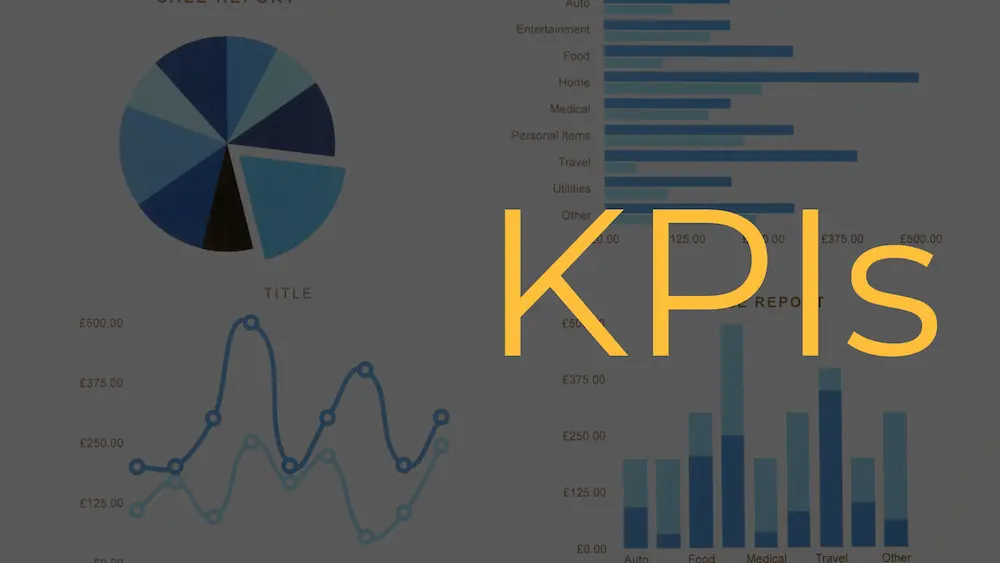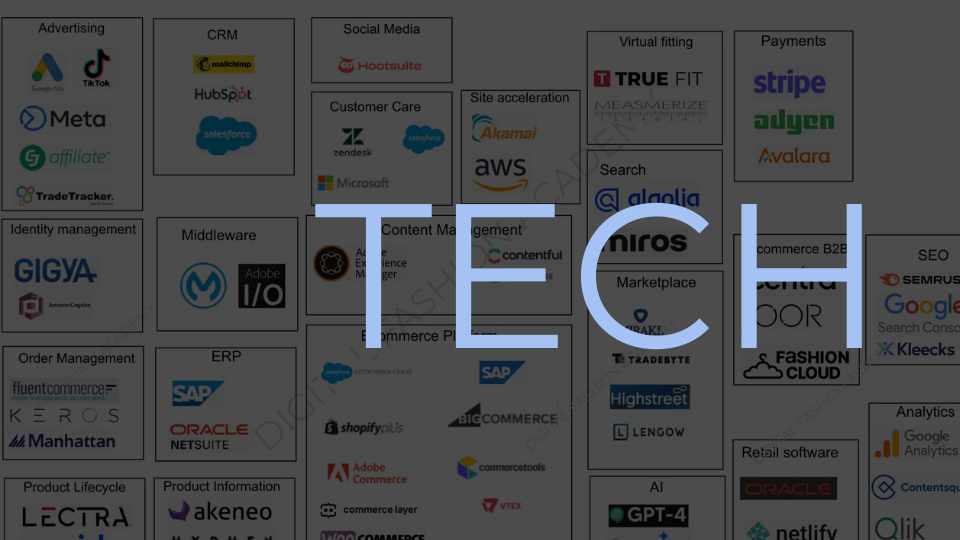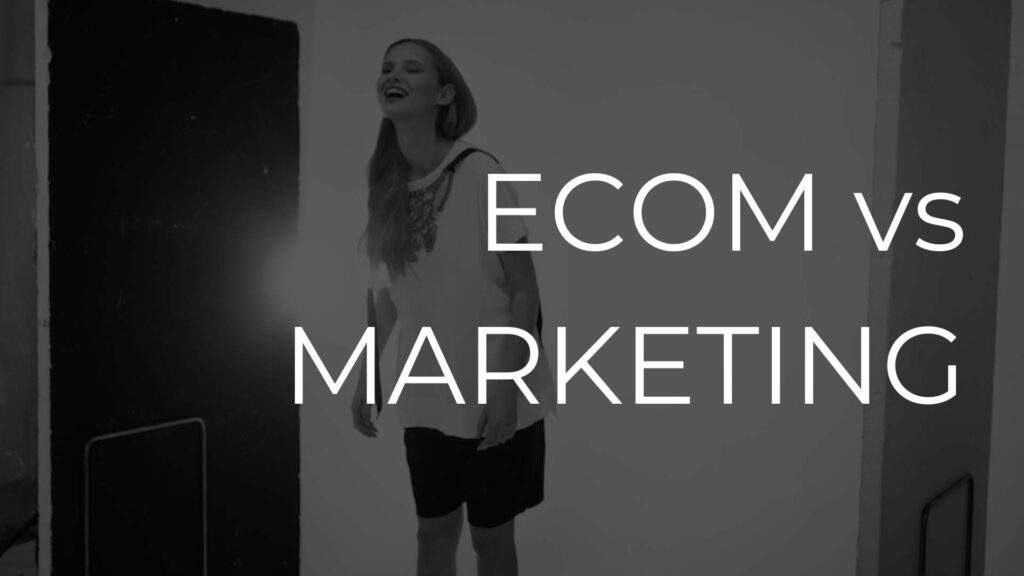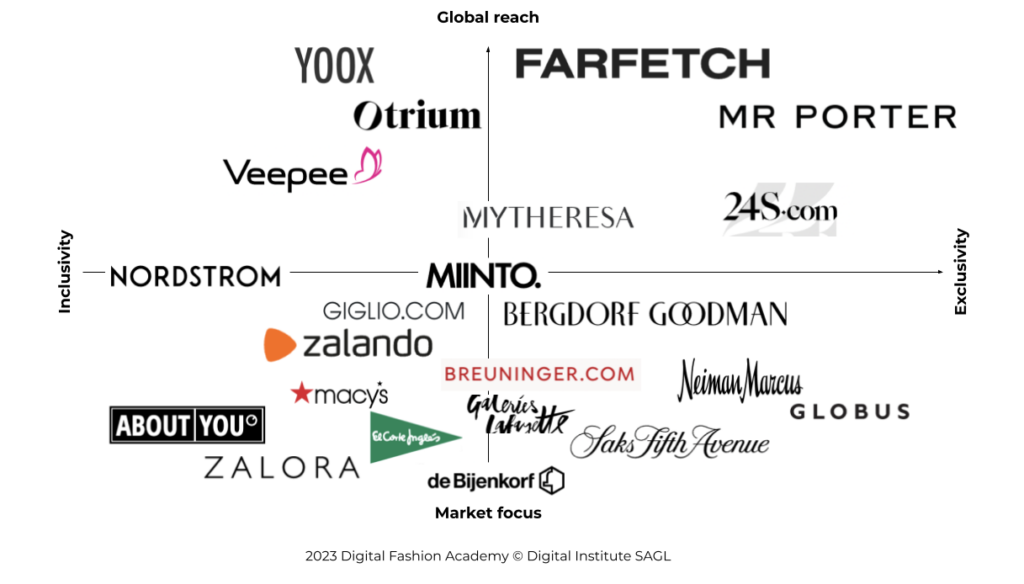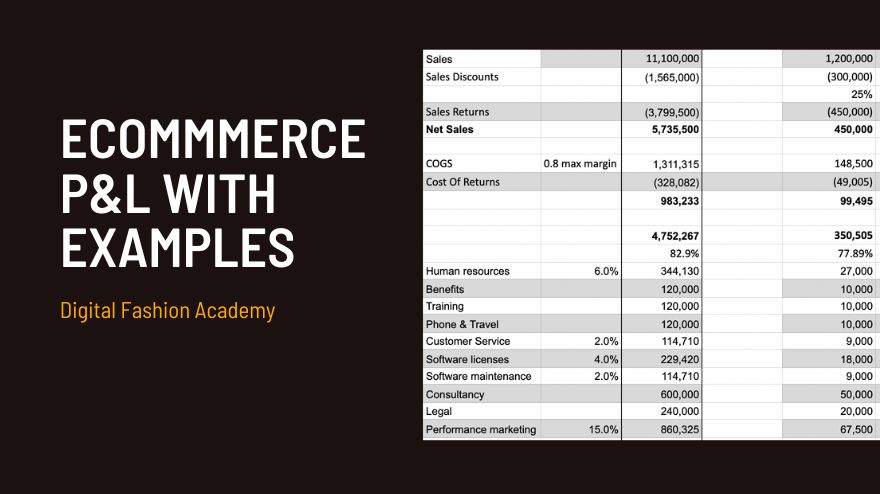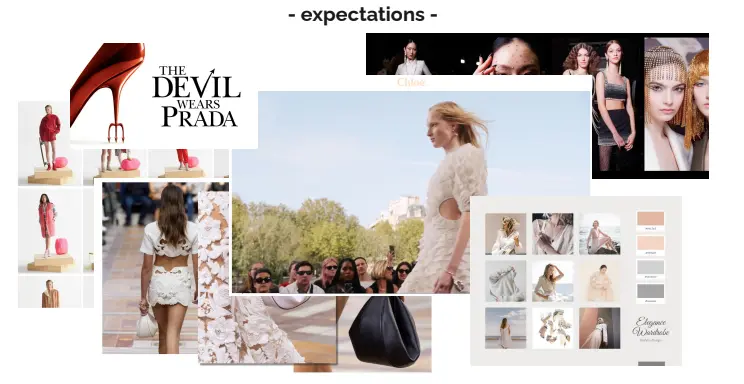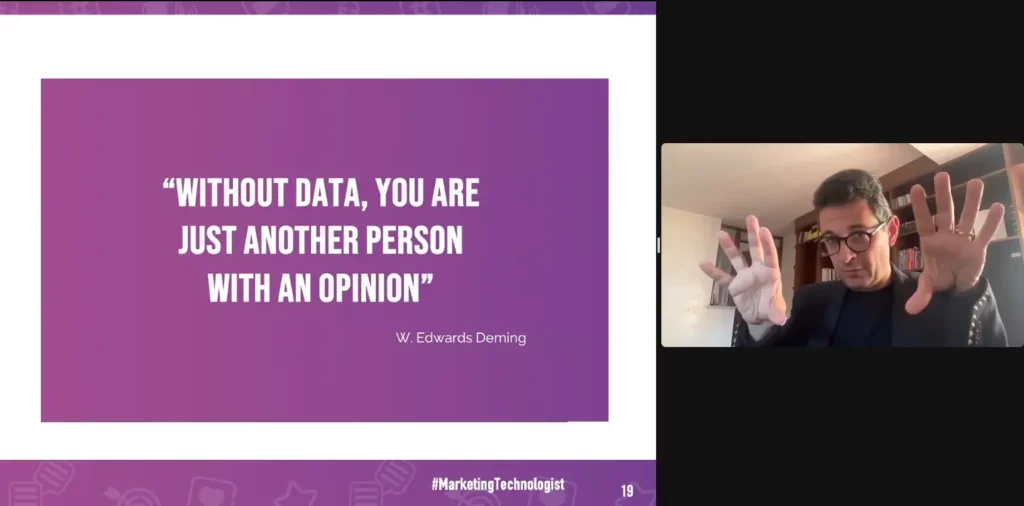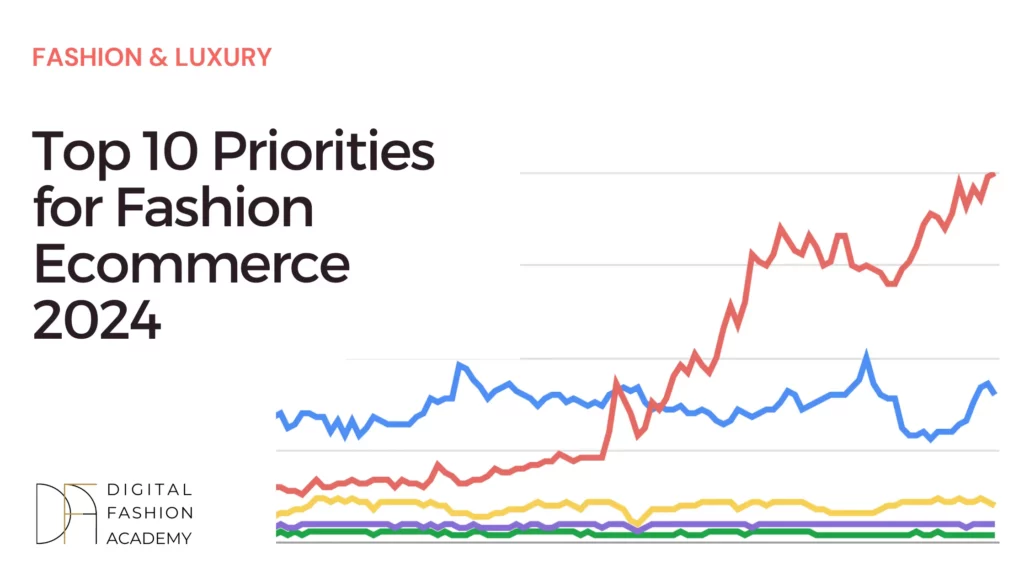Fashion Ecommerce
E-commerce has become the most important channel for fashion and luxury companies. Some native digital brands generate 100% of their revenues through ecommerce but most of the brands generally make from 10% to 20% of their revenues with B2C ecommerce.
The Digital Channels also influences around 90% of total sales of fashion brands because shoppers usually look up information online before buying in store.
Furthermore ecommerce can also drive a large portion of the company profits because the ecommerce channel can generate higher margins than the bricks and mortar or wholesale channel.
In order to leverage the potential of e-commerce fashion companies need experienced and qualified ecommerce staff, but qualified and experienced talents are still hard to find, fashion brands can solve this problem by providing their team with most updated best practices from leading professionals who share their expertise in our online courses.
What is Fashion E-commerce?
Fashion e-commerce refers to the online buying and selling of fashion-related products such as clothing, accessories, footwear, jewelry, and more through digital platforms. It encompasses a variety of business models, including direct-to-consumer (D2C) brands, online marketplaces (like Amazon and ASOS), subscription services, and social commerce (selling through social media platforms like Instagram or TikTok).
E-commerce platforms like Shopify, Magento, and Salesforce Commerce Cloud allow fashion companies to create their own online stores, enabling them to manage their inventory, marketing, customer service, and logistics all in one place. Fashion e-commerce is not just limited to websites; it also includes mobile apps, social media shopping, and other digital channels.
Why is ecommerce essential for fashion companies?
Fashion e-commerce is not just an optional channel for fashion companies; it is an essential component for their survival and growth in today’s market. It enables brands to reach a wider audience, operate more efficiently, adapt quickly to market changes, and build deeper connections with customers. As the digital landscape continues to evolve, embracing e-commerce is crucial for any fashion company aiming to thrive in the competitive and fast-paced world of fashion.
